Introduction – What is a digital wallet and how does it work?
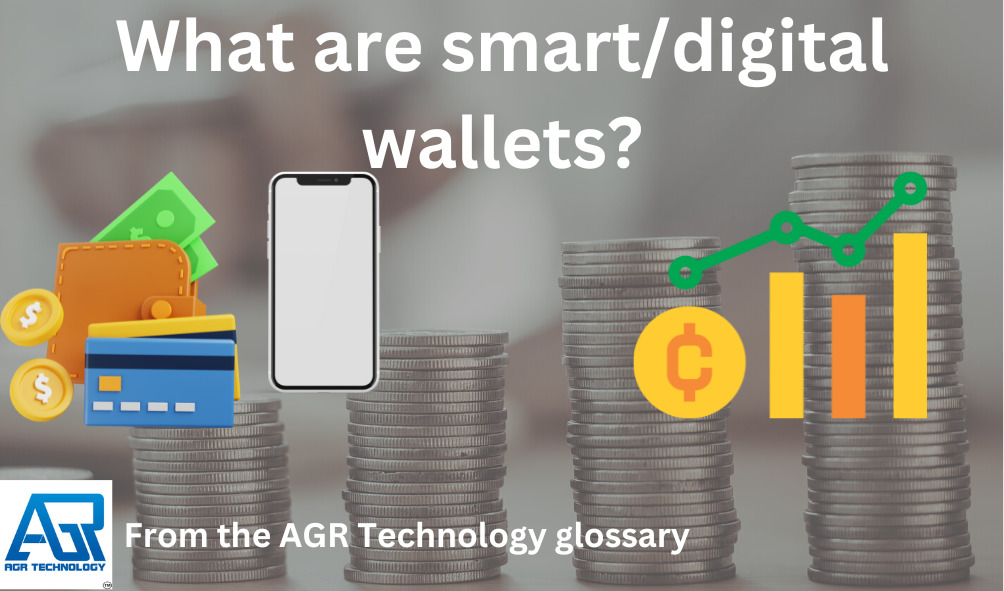
A digital wallet is a physical device, service, or software platform that enables individuals and businesses to conduct electronic transactions such as EFT payments between banks. This can include buying items online or at the point of sale in a physical store, using mobile payments (on a smartphone or other mobile device), or (for online purchases only) a laptop or other personal computer. Other terms for this include e-wallet or smart wallet.
Money can be deposited in the digital wallet prior to any transactions or an individual’s bank account can be linked to the digital wallet. The credentials can be wirelessly transmitted to a merchant’s terminal via Near Field Communication (NFC). Digital wallets are increasingly being used to authenticate the holder’s credentials, such as verifying the buyer’s age to the seller.
Digital wallets can also be used to buy, sell and manage Cryptocurrency assets such as coins like BitCoin or Ethereum and NFTs or manage traditional financial products and assets like credit cards, stocks, and other investments.
Related articles from our blog:
Top New Zealand Crypto Exchanges & Wallets
List of our favorite Crypto Exchanges & Wallet Apps that work in Norway
Our top Crypto Exchange picks for the UAE & Dubai
How to buy Bitcoins in Australia
Our picks for top rated Crypto exchanges & mobile apps for Hong Kong users
High quality Crypto exchange platforms for Taiwanese users
Comparison of quality & leading Crypto exchange platforms for Singapore users
Examples of smart wallets
Smart wallets can come in various types from software-only solutions to hardware and combinations of both, here are some examples of common smart wallet platforms.
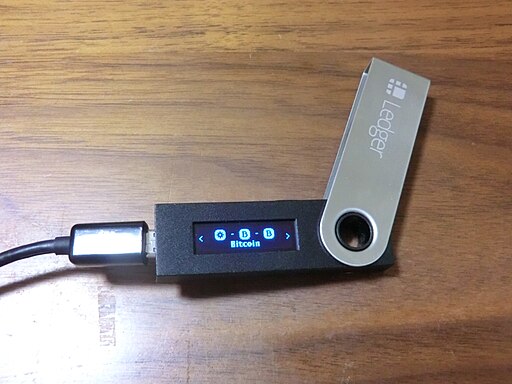
(Example of a traditional hardware wallet to store Cryptocurrency assets)
Apple Pay
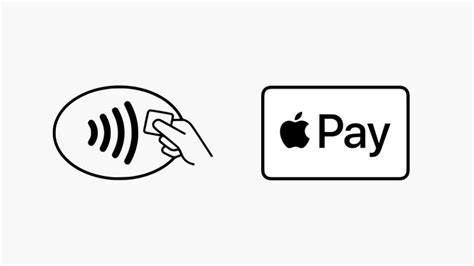
Apple Pay is an Apple Inc. mobile payment service that allows users to make payments in person, in iOS apps, and on the web. It can replace a credit or debit card chip and PIN transaction at a contactless-capable point-of-sale terminal and is supported by iPhone, Apple Watch, iPad, and Mac.
It includes two-factor authentication through Touch ID, Face ID, PIN, or passcode protection. Apple Pay can also be used to pay for public transportation using credit/debit cards or dedicated travel cards.
AliPay
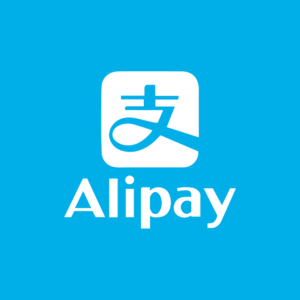
Similar to Apple Pay AliPay is another popular platform owned by Alibaba and very popular within China. AliPay enables customers to pay using their phone and can connect to a bank account or credit/debit card and is managed by a mobile app for iOS and Android devices.
AliPay also has similar rivals in China from other platforms namely TenPay (owned by a company called Tencent) and WeChat Pay (also owned by Tencent) as well as other local competing payment applications.
Binance (Crypto)

When it comes to a software solution for managing Crypto assets Binance is a popular platform having existed since 2017.
Web-based exchanges like Binance, Coinbase, and others offer an alternative to the traditional hardware wallet shown in the image above and are a lot simpler to setup, however, both can be used to manage and hold Crypto assets to an electronic wallet address and is an option featured in our guide called the Best Crypto exchange apps for Australians.
Google Pay

Google Pay is yet another platform on the market and is Google’s answer to Apple Pay and offers very similar functionality for Android users. It has existed since 2011 when it was announced in a press conference and has undergone various branding changes over the years. Similar to the above it supports bank accounts and popular credit card vendors such as VISA and Mastercard.
Technologies used by smart wallets
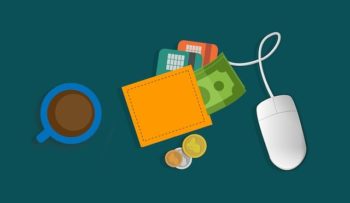
A digital wallet is an electronic payment system that includes both software and data. The software provides personal information security and encryption, as well as transaction security.
The information component is a database of the information entered by the user, such as shipping and billing addresses, payment methods, and other details. Digital wallets are made up of digital wallet devices as well as digital wallet systems, such as the Dunhill biometric wallet and smartphones with NFC digital wallet capabilities.
In the form of mobile payment systems and digital wallet applications, digital wallet systems enable the widespread use of digital wallet transactions among various retail vendors.
In Kenya and Tanzania, the M-PESA mobile payments system and microfinance service are widely used, while the MasterCard PayPass application is widely used across the US and other countries.
Advantages and Disadvantages of Digital Wallets
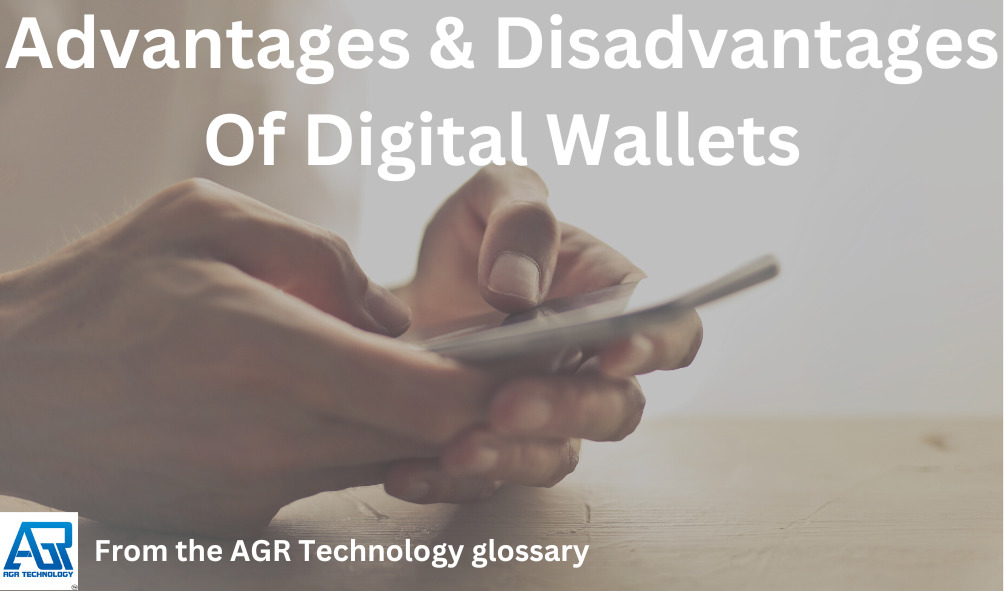
Advantages
- Convenient and easy-to-use solutions to pay from a variety of devices
- Standardized platforms make it ideal for travelers
- Increased accessibility for financial services to end-users that may have otherwise not had access
Disadvantages
- Fees can vary greatly between platforms
- Potential security risks from hacking activity
- Requires internet access which may present issues in countries with poor-quality network infrastructure
- Can be difficult to get set up for non-tech-savvy users in the case of hardware wallets especially
Security of platforms and information
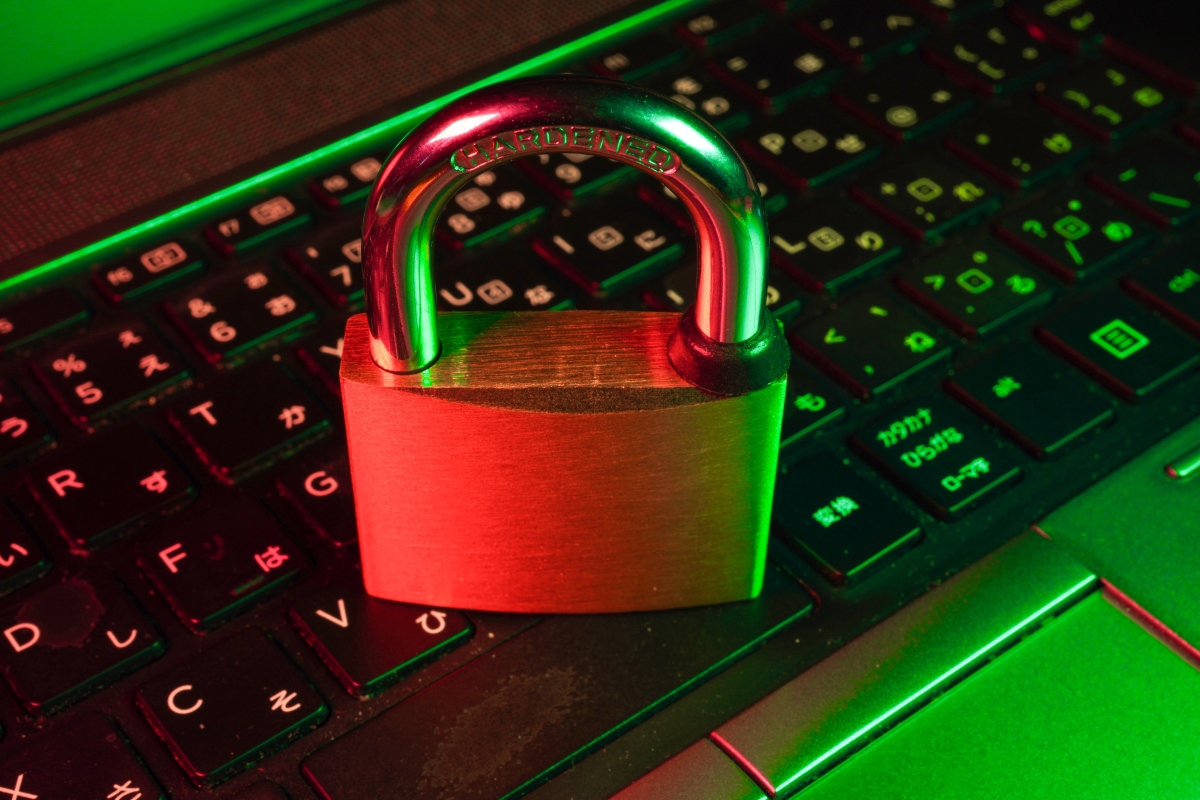
Due to the sensitive nature of anything financial exercising strong cyber security principles is very important for digital wallet technologies.
Many platforms will encourage users to choose strong passwords, enable 2 Factor Authentication (2FA), and other measures to protect against Phishing and other types of attacks.
Every platform has different measures they implement we generally suggest choosing all settings like 2FA and ensuring you use strong passwords that are changed out every so often as well as keeping the apps up-to-date.
These basic steps as well as watching out for scam text messages and emails will help keep your accounts safe from potential hackers.
Also regularly auditing your finances is always a good idea to watch out for any transactions you don’t recognize and scrutinize them further.
Proactive approaches like this will help keep you ahead of the curve and enable you to quickly report things to your bank should you fall victim so you can mitigate the damage and prevent it from getting out of hand.
Digital wallet statistics & facts
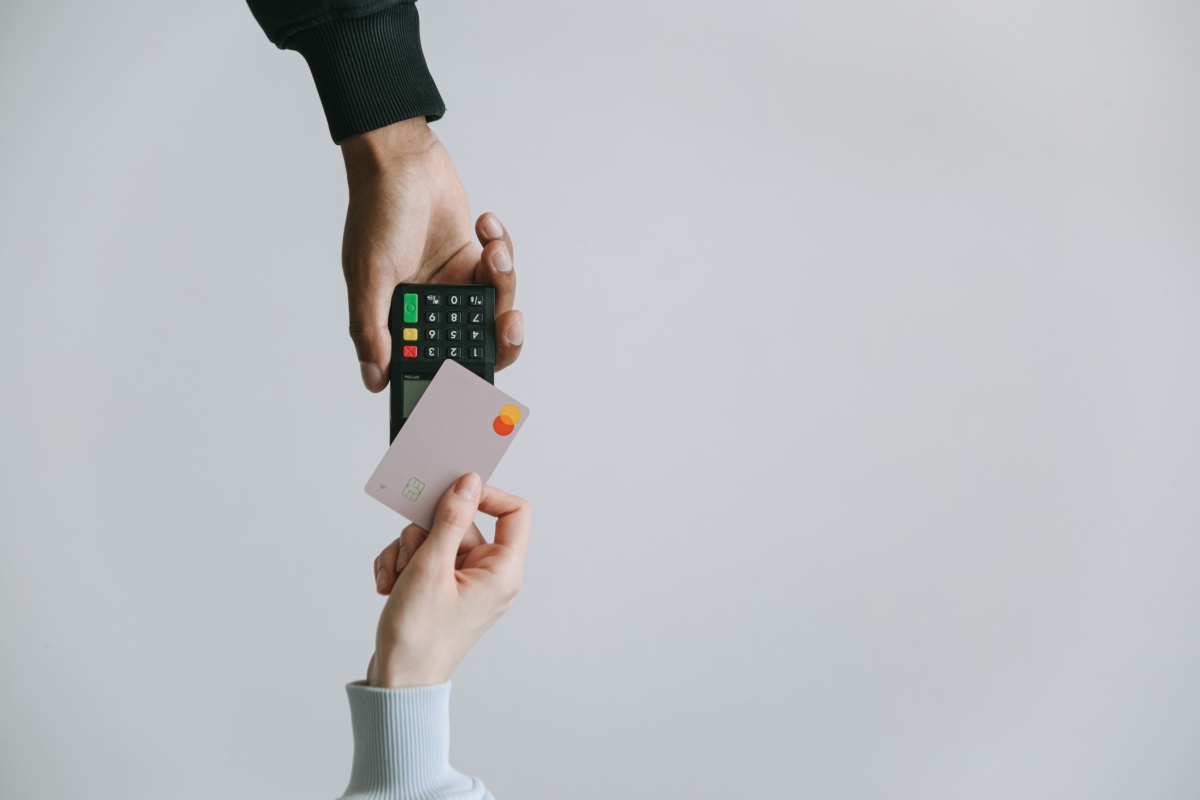
Approximately 32% of mobile wallet users now have three or more mobile wallets, including Apple Pay, Google Pay, and others installed on their mobile devices according to research conducted by FIS PACE
Source: Forbes
The use of apps like Apple Pay and Google Pay in North America is expected to double between 2020 and 2025, while Asia’s market will be significantly larger. Mobile wallets include apps like PayPal and Google Wallet, which allow customers to upload credit card or debit card information to their phone in order to make a purchase. Because of the popularity of Alipay and Tenpay, China is regarded as the world leader in proximity mobile payments.
Source: Statista
FAQ about smart wallets:
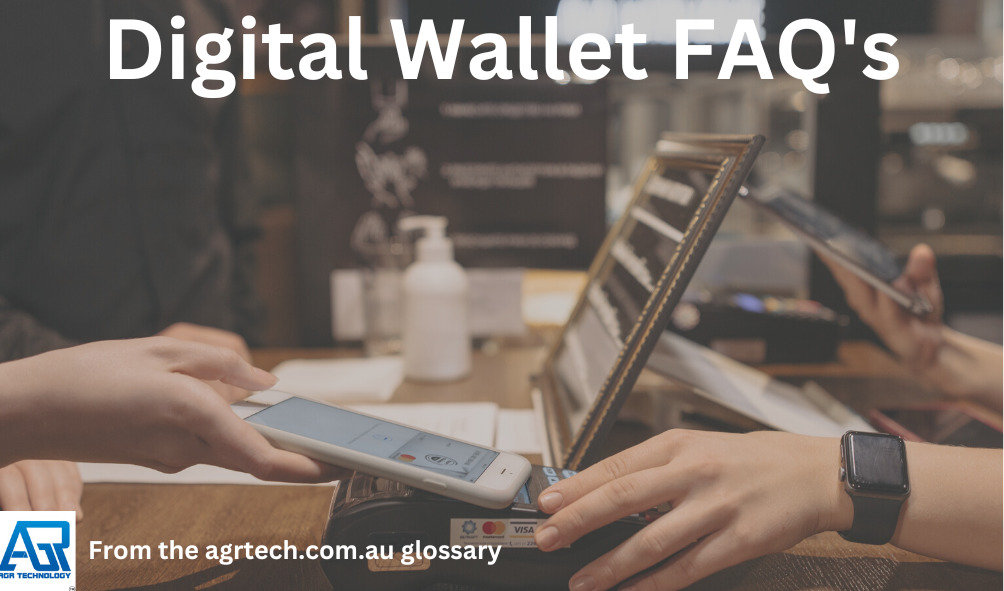
Is PayPal a Digital Wallet?
Yes, PayPal can be considered a digital wallet and was one of the first platforms to enter the space. PayPal allows you to send and receive money online and connect bank accounts, credit cards, and debit cards to use for payments.
Is Digital Wallet free?
Most of these platforms are free and work on a model where a small transaction fee is taken out of every payment while some platforms only charge the merchant accepting the payments and are completely free for end-users.
How do I put money inside an eWallet?
End-users and business users can top up their wallet balance and begin sending and receiving money between mobile phones, transferring to their own or third-party bank accounts, settling merchants, and paying bills after registering with an e-wallet provider.
The process will vary by each platform however most platforms provide a very quick process to sign-up verify identity and begin sending and receiving funds.
Conclusion
We hope you found this page on our technology glossary to be helpful, if so be sure to share it on social media and with anyone you think would find it helpful.
You can also find more of our content below and check out our main blog and selection of business services we offer for more.
Related content from our glossary & blog:
Alternative crypto coins (Altcoins)
Decentralized Autonomous Organizations (DAOs)
Staking pools – What are they and what are the benefits?
What is a Central Bank Digital Currency?
What is a Neobank and how does it work?
Fintech (financial technologies)
Decentralized Applications (Dapps)
What is the definition of Web 3.0?
Well known companies & people involved in the Crypto industry
What is Tokenization in the context of Crypto?
List of platforms to help you accept Cryptocurrency payments on your website
What is Know Your Customer (KYC)?
Cryptocurrency Market Analysis Definition
Online tool that constantly updates latest Cryptocurrency prices?
Tips to choosing quality CFD brokers in Dubai
Blockchain Explorer Definition
What are Initial Exchange Offerings (IEOs)
Some of the best small business loan apps in Australia
Net worth calculator – online tool
Leading Cryptocurrency exchanges for Indian users
Top-rated Crypto exchanges for South Africa
Some of the best Cryptocurrency exchanges & apps for Saudi Arabia
Some of the best small business loan providers for Perth
Different commercial loan brokers for Melbourne businesses
Collection of some of the best day trading platforms for Australians
ICO Marketing Solutions to help brands capture more online reach
CMC Markets Alternatives for Australian end-users wanting to start trading
Coinspot alternatives platforms Australians wanting to get started with Cryptocurrencies
Services to help you recover lost Crypto from your devices
List of some top Etoro alternatives for Australian forex traders
What to look for when choosing a neobank app
Top Sydney commercial loan brokers – curated list
Web3 Marketing Services By AGR Technology to help brands reach more users
Top Alternatives to Swyftx for Australian Crypto users
Top-rated Alternatives to Etoro for Australian CFD traders
Some of the best Cryptocurrency exchanges/apps for Canadians
Mortgage affordability calculator – online tool
Web3 Software Development Services
NFT Digital Marketing Services
(Guide) How to buy Cryptocurrency in Australia
Best places to earn interest on your Cryptocurrency assets
How to buy Bitcoin online or other Cryptos
Best stock market trading platforms Australia to buy shares
How to pay overseas contractors from Australia online
How to buy Etherium (Eth) in Australia
Comparison of top CFD brokers & apps in Australia
*Bibliography:
“Digital wallet” Wikipedia, 26 June 2006, en.wikipedia.org/wiki/Digital_wallet. Accessed 2 Mar. 2023.
“Cryptocurrency wallet” Wikipedia, 6 Sept. 2017, en.wikipedia.org/wiki/Cryptocurrency_wallet. Accessed 2 Mar. 2023.
“Apple Pay” Wikipedia, 9 Sept. 2014, en.wikipedia.org/wiki/Apple_Pay. Accessed 4 Mar. 2023.
Legters, Bob. “Consumer Ownership Of Digital Wallets Is Surging, But Will The Trend Hold?” 19 May 2021, www.forbes.com/sites/boblegters/2021/05/19/consumer-ownership-of-digital-wallets-is-surging-but-will-the-trend-hold/?sh=389cf48e4980. Accessed 5 Mar. 2023.
“Google Pay” Google Search, g.co/kgs/RPZW1f. Accessed 5 Mar. 2023.
R. d. Best, “Topic: Mobile payments worldwide”, Statista. [Online]. Available: https://www.statista.com/topics/4872/mobile-payments-worldwide/. [Accessed: 5-Mar.-2023].
Best, Raynor De. “Mobile wallet transactions by region 2025” Statista, 28 Feb. 2023, www.statista.com/statistics/1227576/mobile-wallet-transactions-worldwide/. Accessed 5 Mar. 2023.
![logo-new-23[1] logo-new-23[1]](https://agrtech.com.au/wp-content/uploads/elementor/thumbs/logo-new-231-qad2sqbr9f0wlvza81xod18hkirbk9apc0elfhpco4.png)